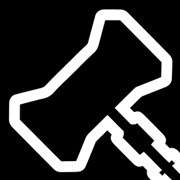MTG Cardsmith Community Forums
Community Forums for the popular Magic the Gathering online card creator, MTG Cardsmith. Discussions on custom magic cards, MTG gameplay, and member contests.
Discussion List
-
-
-
-
-
-
-
Announcement Closed 4.2K views 1 comment 0 points Most recent by mtgcardsmith News and Announcements
-
-
-
-
-
-
-
-
-
-
-
-
-
-
-
-
-
-
-
-
-
-
-
-
-
-
-
-
 MTG Cardsmith Community Forums
MTG Cardsmith Community Forums